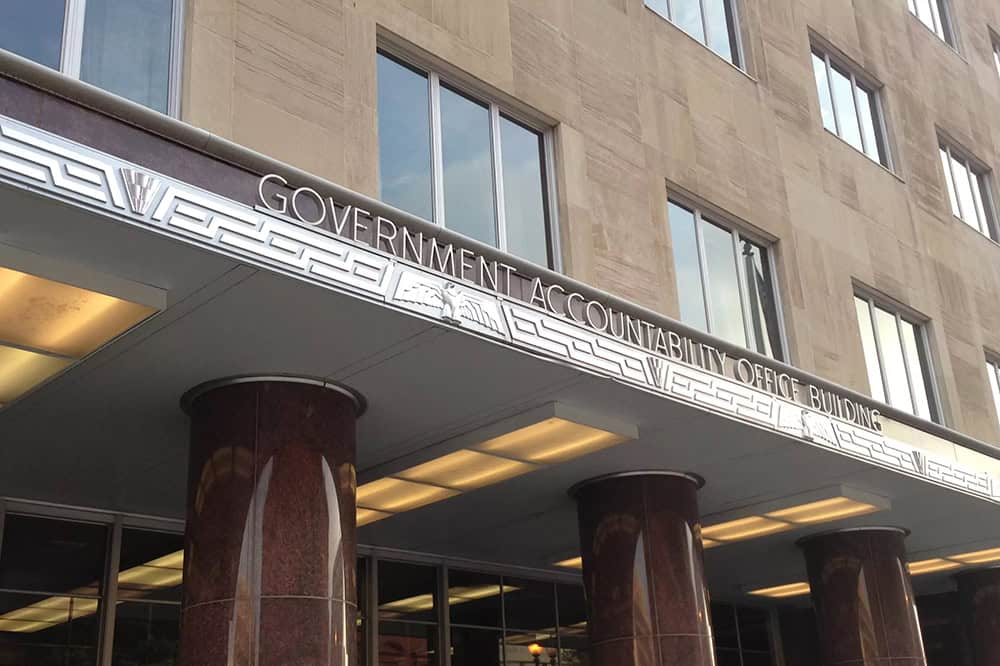U.S. Fiscal Confidence Falls with Trillions in Tax Cuts on the Table
Ahead of Tomorrow’s New Budget Projections, Index down 3 Points to 59 (100 is Neutral)
As lawmakers consider extending nearly $5 trillion in expiring tax cuts this year, the U.S. Fiscal Confidence Index dropped three points in March. The Index, modeled after the Consumer Confidence Index, is 59 (100 is neutral), indicating that voters are deeply concerned about the national debt during this critical policymaking period in Washington.
Ahead of tomorrow’s new budget projections being released by the nonpartisan Congressional Budget Office, more than three in four voters say their concern about the national debt has increased (76%). And 77% of voters urge the president and Congress to spend more time addressing the debt, including 67% of Democrats and independents, and 92% of Republicans.
More voters believe leaders are on the wrong fiscal track than the right direction (49% to 46%, up from a 48% tie last month), and more voters expect America’s fiscal state to worsen than get better over the next few years (49% to 43%). The percentage of registered independent voters who think the country is on the right fiscal track fell even farther — 10 points to 55% wrong direction/34% right track, from 49%/44% last month.
“Tomorrow, we will get an updated fiscal outlook, but we already know that the picture is dire,” said Michael Peterson, CEO of the Peter G. Peterson Foundation. “Today’s new poll indicates that the recent economic and market uncertainty may be raising voter concerns on the debt and their desire for leaders to act on solutions. Voters understand that the last thing we need is to make the problem worse for current and future generations.”
Further, results from a recent post-Inauguration poll show that 84% of voters nationwide agree that any bill passed by Congress should reduce the deficit by raising revenue, cutting spending or both; and 78% of voters say that any changes to tax policy should not add to the national debt.
The Fiscal Confidence Index measures public opinion about the national debt by asking six questions in three key areas:
- CONCERN: Level of concern and views about the direction of the national debt.
- PRIORITY: How high a priority addressing the debt should be for elected leaders.
- EXPECTATIONS: Expectations about whether the debt situation will get better or worse in the next few years.
The survey results from these three areas are weighted equally and averaged to produce the Fiscal Confidence Index value. The Fiscal Confidence Index, like the Consumer Confidence Index, is indexed on a scale of 0 to 200, with a neutral midpoint of 100. A reading above 100 indicates positive sentiment. A reading below 100 indicates negative sentiment.
Fiscal Confidence Index Key Data Points:
- The March 2025 Fiscal Confidence Index value is 59. (The February 2024 value was 62. The January 2025 value was 57.)
- The current Fiscal Confidence Index score for CONCERN about the debt is 53, indicating deep concern about the debt. The score for debt as a PRIORITY that leaders must address is 28, indicating that Americans want elected leaders to make addressing long-term debt a high priority. The score for EXPECTATIONS about progress on the debt is 96. The Fiscal Confidence Index is the average of these three sub-category scores.
The Peter G. Peterson Foundation commissioned this poll by Democratic firm Global Strategy Group and Republican firm North Star Opinion Research to survey public opinion on the national debt. The online poll surveyed 1,000 registered voters nationwide between March 17 and 19, 2025. It has a margin of error of +/- 3.1%.
Detailed results can be found online at www.pgpf.org/FiscalConfidenceIndex.
###
ABOUT THE PETER G. PETERSON FOUNDATION
The Peter G. Peterson Foundation is a nonprofit, nonpartisan organization that is dedicated to increasing public awareness of the nature and urgency of key fiscal challenges threatening America's future, and to accelerating action on them. To address these challenges successfully, we work to bring Americans together to find and implement sensible, long-term solutions that transcend age, party lines and ideological divides in order to achieve real results. To learn more, please visit www.pgpf.org.
Further Reading
How Much Can the Administration Really Save by Cutting Down on Improper Payments?
Cutting down on improper payments could increase program efficiency, bolster Americans’ confidence in their government, and safeguard taxpayer dollars.
What Is R Versus G and Why Does It Matter for the National Debt?
The combination of higher debt levels and elevated interest rates have increased the cost of federal borrowing, prompting economists to consider the sustainability of our fiscal trajectory.
High Interest Rates Left Their Mark on the Budget
When rates increase, borrowing costs rise; unfortunately, for the fiscal bottom line, that dynamic has been playing out over the past few years.


